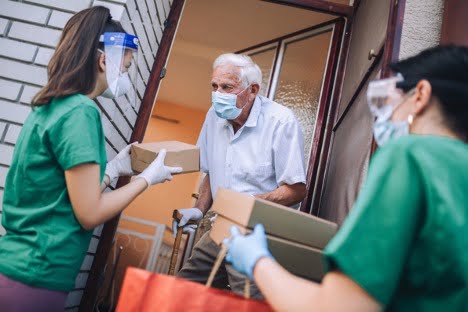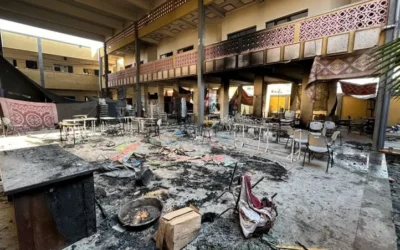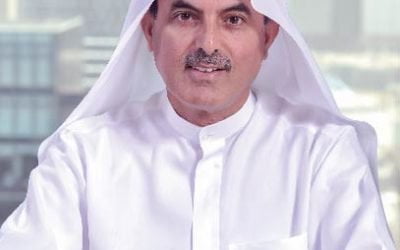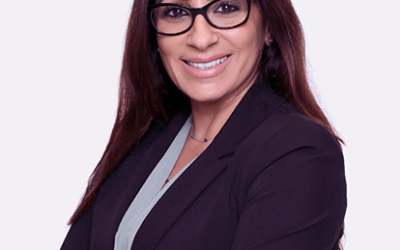COVID-19 and the shift to collective strategic philanthropy
For the philanthropy sector, the response to the COVID-19 pandemic has accelerated an important shift to a new era of “collective strategic philanthropy” to better meet the challenges facing sustainable development.
In the Arab states, this represents a repositioning from using well-understood formulas of short-term giving, such as infrastructure projects and direct donations, to investing in sustainable solutions with measurable impacts. It is about tackling the root causes of the challenges of today through strategic and collaborative thinking and actions.
Previous generations of philanthropists focused primarily on charitable giving. In the Arab region they would give privately, with a humble integrity that spoke of their beliefs of civic and religious responsibility. In other regions, large-scale giving is still primarily an extension of public relations for corporations, differentiating them from their competitors.
The efforts of the previous generations have been instrumental in improving the quality of life for millions worldwide. In our increasingly globalized world, it is worthwhile to note that direct charitable giving is facing greater limitations to its potential outcomes.
Efforts that are made in isolation, or are solely donor-driven, have shown to have diffused and unfocused impacts. This sacrifices opportunities to create momentum to bring about lasting change.
A new era of collective strategic philanthropy is emerging around the world. The private and public sectors are being called upon to collaboratively design, implement, and fund interlinked, high-impact solutions to create a better and more sustainable future for all. Initiatives like the Global Muslim Philanthropy Fund for Children are galvanizing efforts to address problems that cannot be resolved by one person alone.
For years now, philanthropists have been institutionalizing their giving and operationalizing their efforts. This is allowing them to become globally-recognized actors in the development sector, amongst others. Entire academic conferences and events like Philanthropy & the SDGs, hosted by the United Nations, are being organized around how to adapt current models to better incorporate partnerships with philanthropic organizations. The idea is to generate impact through collective action and strategic planning across sectors and priority areas.
Philanthropy has been taking a key position in this new system, as it has the advantage of being more flexible, innovative, and well positioned. Furthermore, philanthropy requires certain conditions to succeed and benefit all involved. It needs data for transparency and informed decision-making, technology to link donors and recipients, capacity-building to help make better use of existing resources, effective donor coordination, and professional accountability that builds trust between stakeholders.
So, what does this mean for the Arab region’s burgeoning philanthropic sector as it enters a new era of collective strategic philanthropy? Being driven to create sustainable impact requires Arab philanthropists to adapt and become more vocal and visible about the region’s shared culture of giving. It requires the engagement of likeminded actors across sectors to bring about sustainable progress through championing local solutions. This will drive the region’s recognition that the actors in the Arab states are key contributors to the progress of the region.
Philanthropy’s guiding principles and practices are being refined during the pandemic, as it’s been forced to further innovate to be effective in the new global reality. During these pandemic times, digital innovation is playing a key role, online learning is the new go-to solution for education, remote work has become a necessity, and new careers have emerged, pushing out some older ways of work. These are the changes that should be embraced, studied, and incorporated into more effective models of philanthropic programs and delivery of funds.
The world needs sustainable solutions to its longstanding challenges. Furthermore, the marginalization of so many Arab families, which is robbing the youth of their hope for the future, demands the Arab region’s response.
Collective strategic philanthropy has a key role to play in the upcoming post COVID-19 reality. This new era will be led by those who adopt and refine innovative and flexible frameworks for action, learning, and continuous improvement.
H.E. Abdul Aziz Al Ghurair, Chairman, Abdulla Al Ghurair Foundation for Education



